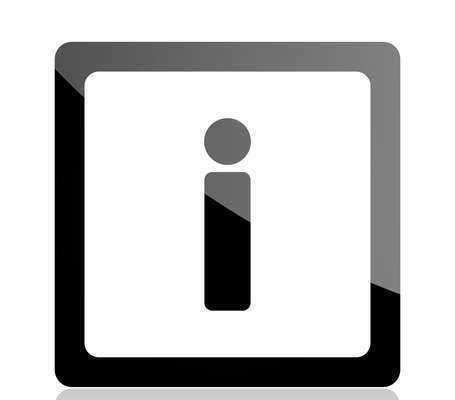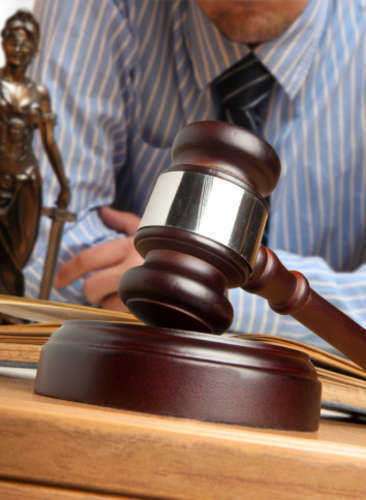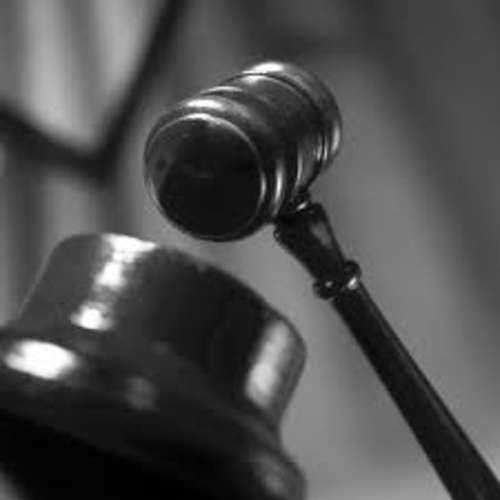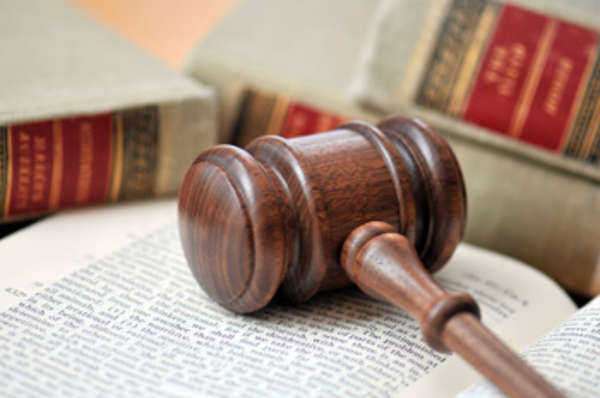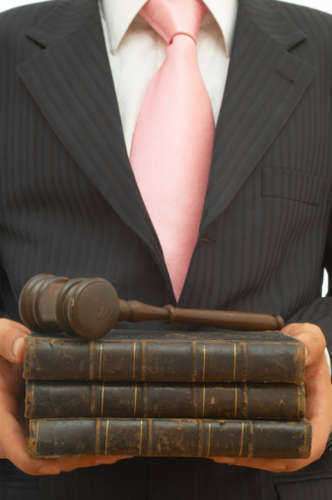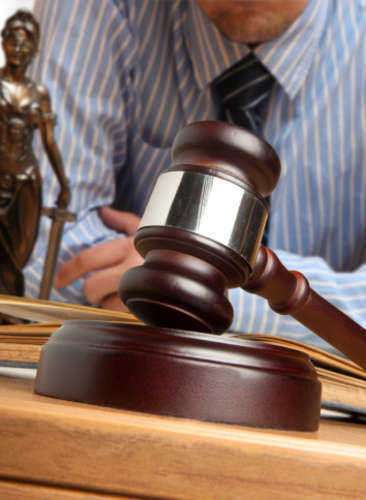Know the Types of Litigation
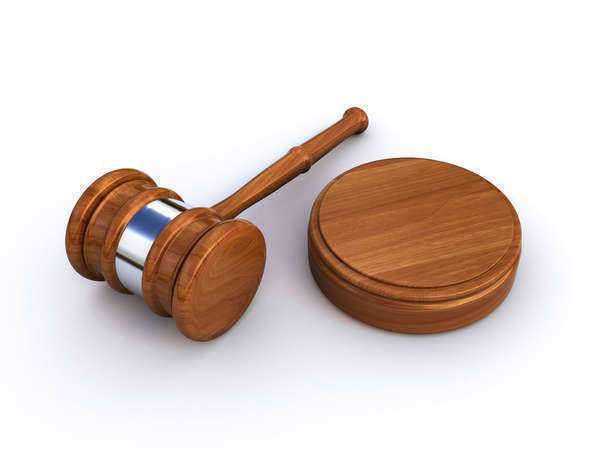
Litigation background
The comprehensive legal system in the United States allows an individual or entity to proceed with legal action if an unlawful or unethical maneuver was placed against them that precipitated the loss of finances or a physical injury. Litigation thus refers to the legal process associated with a legal dispute. The conduct of the actual lawsuit, the actual procedure required to initiate a legal hearing is referred to as litigation. If you need legal advice and assistance, contact a litigation lawyer.
Litigation Support
Litigation support refers to any process that expedites or assists a legal professional in carrying out their intended legal strategy. Litigation support is an organizational process that lends information regarding previous rulings, precedents, and intricacies associated with the field of law in question. Litigation support facilitates all legal professionals with the obtainment of pertinent information.
Business Litigation
Business litigation is the field of law that deals with disputes between individuals and businesses or between two business entities. All businesses, in addition to carrying out legal practices, must operate under a code of ethics. If a business fails to do this and directly harms a client or precipitates the loss of finances the individual has a legal right to pursue business litigation. Cases in this field primarily seek a financial settlement, or in some case a criminal sentence for the immoral business in question.
Commercial Litigation
Commercial litigation is an area of law that concerns itself with legal disputes involving commercial businesses or companies. The disputes these entities typically involve disagreements regarding finances or the obtainment and management of property. To settle these disputes, a legal professional who is well-versed in commercial litigation will attempt to reach a settlement without the inclusion of the local courts system. Commercial litigation focuses on the disputes over drafting contracts, mergers between corporations, and various real estate laws.
Public Interest Litigation
Public interest litigation covers all incidents, wrong-doings, or legal situations that affect the well-being of a community. As oppose to other forms of litigation, public interest litigation cases are initiated by the court systems themselves. The particular field of law is relatively new, however, it has long been a crucial aspect of environmental law. Any action by a corporation or individual that damages a necessity or inhibits the progress of society is punishable under public interest litigation.
Personal Injury Litigation
Personal injury litigation refers to the legal processes initiated to realize a dispute in cases involving personal injuries. Typically, an individual who seeks personal injury litigation is doing so to recoup monies lost from an injury. Often times these settlements are concrete, however, many cases involve the payment of abstract losses (loss of wages, or opportunity costs associated with a personal injury). Personal injury litigation arises from a negligent or deliberate action by one party that leads to a physically injury of another party.
Mesothelioma litigation
Mesothelioma is a cancerous disease that results from prolonged contact with deadly agents such as asbestos. As a result of the disease’s prevalence, mesothelioma litigation is a common legal practice. The field primarily deals with company’s who expose their employees to asbestos without a formal warning or protection against the causative agent. This particular field of law employs mesothelioma experts and professionals who are well-versed in the corporations that deal with asbestos.
Civil Litigation
Civil litigation is a field of law that processes court appearances and legal procedures for disputes between two or more entities where compensatory damages or a specific performances are sought. The primary characteristic associated with civil litigation is that cases in this particular field do not incorporate criminal sanctions or criminal cases. As a result of the field’s density, civil litigation encompasses a wide range of legal disputes.
Public Defender
A public defender is a public agent that legally represents individuals in both criminal and civil cases. A public defender can be assigned by a local government or a federal agency. The legal representation is offered to individuals who cannot afford costly legal representation otherwise. The United States Constitution offers all American citizens a right to representation, and a public defender is the vehicle that carries out this right.
Federal Public Defender
Public defenders can be offered to convicted individuals through a state or local government and through the United State’s federal government. A Federal public defender is offered to an individual accused of a federal criminal offense. Federal public defenders operate in two distinct models, both in an administrative role and through the direct representation of a federal agency.
Litigation support services
A litigation support service company is in essence, a middle man for legal professionals. A litigation support service company provides legal representatives, clients, and paralegals with essential documents and information in relation to their particular legal matters. Varying state laws, particulars associated with the case, specifics of the particular matter, and court precedents are obtained through an electronic database that litigation support services possess. The litigation support company utilizes resources and databases to expedite the information-gathering process associated with disputes and court cases.
Litigation solicitors
Litigation solicitors are forms of legal aid that are common in many jurisdictions, but have recently become obsolete in the United States. In litigation solicitor is a legal representative that deals directly with clients and their legal matters. Litigation solicitors in the United States, however, are synonymous with government lawyers or legal representatives. Litigation solicitors are found on both the local and federal level.
Patent Litigation
Patent litigation refers to the legal process associated with trademarks and patents. The procedures in patent litigation primarily deal with patent infringement–the illegal use or marketing of a previously invented asset, program, or good. Patent litigation is typically initiated by the party that feels cheated through the copying of their invention. Through patent litigation the accusing party typically seeks a financial settlement or some form of closure associated with the use of their invention.


